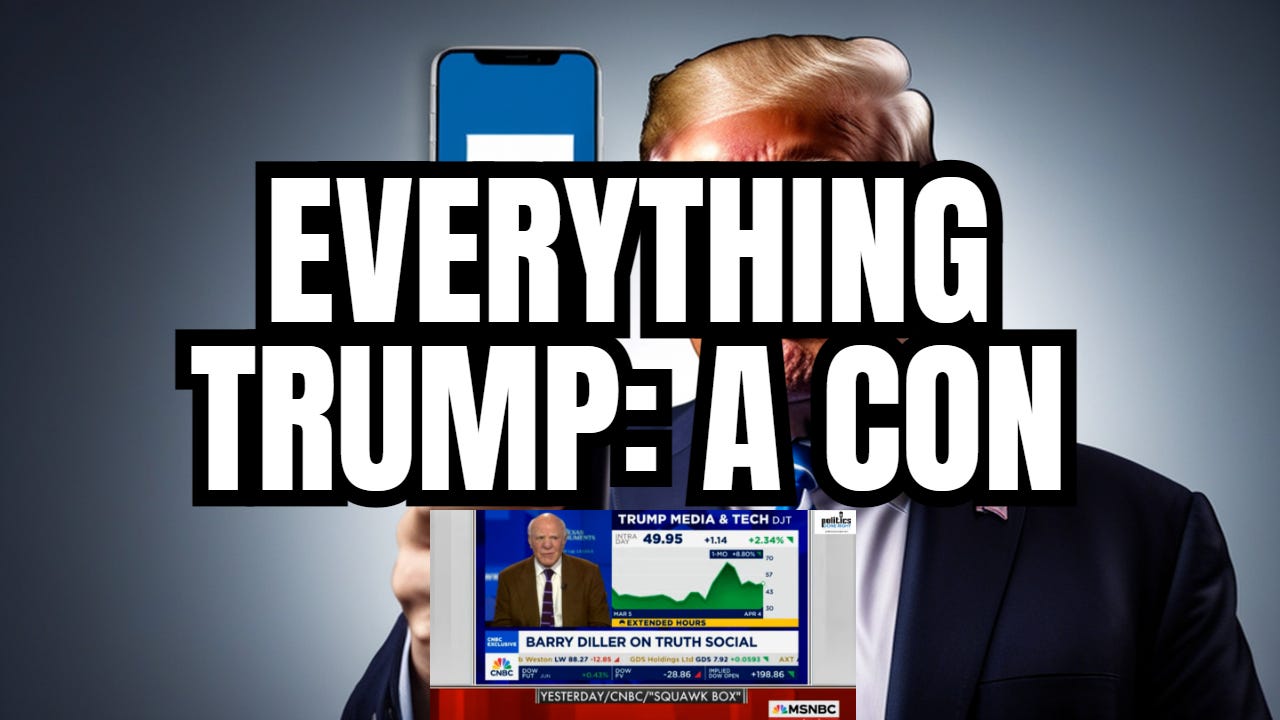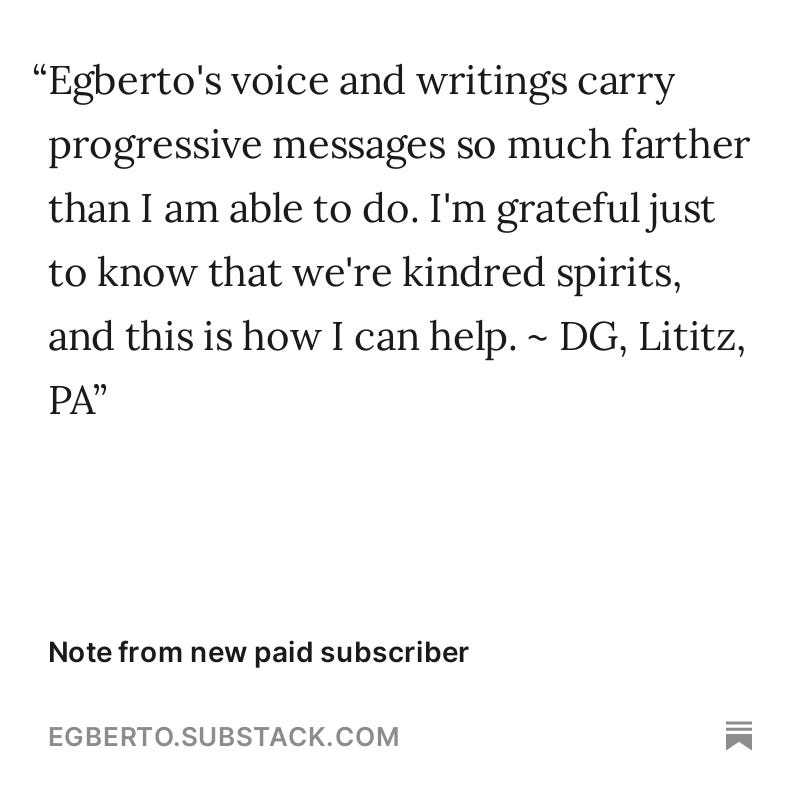Billionaire: Truth Social investors are dopes. Everything Trump’s involved in is a scam. He’s a con.
A billionaire called out Truth Social and Trump for the con they represent. Not too many in his class are willing to give him the truth medicine.
In the vibrant tapestry of American discourse, few threads are as controversial and colorful as the one woven by Donald Trump, the former President of the United States. Amidst this complex narrative, voices from various corners of society weigh in, offering perspectives that range from staunch support to critical scrutiny. Recently, a notable addition to the chorus of critics emerged in the form of billionaire media executive Barry Diller, a figure whose remarks on Trump’s business ventures, particularly Truth Social, have ignited a conversation about the nature of investment, the allure of charisma in leadership, and the responsibilities of the informed citizen.
Diller’s critique is not merely a passing comment from a disinterested observer but a scathing indictment from someone who understands the intricacies of business and investment. He casts a spotlight on the phenomenon of meme stocks, likening Truth Social’s investor frenzy to the speculative bubbles surrounding companies like GameStop. This comparison is not flattering; it suggests a disconnection between the company’s market valuation and its underlying economic fundamentals, essentially branding Truth Social as an enterprise with no substantial revenue to justify its stock price.
The heart of Diller’s argument lies in his assessment of Trump himself, whom he labels a “con artist” and implicates in a broader pattern of deception. According to Diller, Trump’s involvement in Truth Social is consistent with a career built on scams, extending to his political life. Diller’s assertion is a damning one, suggesting that Trump’s presidency and business dealings share a common thread of misleading the public for personal gain.
This narrative is particularly resonant in the context of progressive political activism, where there is a continuous push for transparency, accountability, and justice in both the economic and political spheres. Diller’s comments serve as a cautionary tale about the dangers of charismatic leadership untethered from ethical business practices and genuine concern for the public good. They underscore the importance of critical thinking and informed decision-making among voters and investors alike.
The story of Truth Social and its investors, as framed by Diller, is emblematic of a larger issue in American society: the vulnerability of individuals to manipulation by powerful figures who can craft compelling narratives, regardless of their veracity. This vulnerability is not just a matter of personal gullibility (‘dopes’, as Diller harshly describes Truth Social investors) but a reflection of deeper societal challenges, including the erosion of trust in institutions and the allure of simple solutions to complex problems.
Diller may not realize it, but in indicting Donald Trump, he is indicting the very foundation of our form of capitalism manifested by a casino, the stock market, and our political system. After all, he acquiesces to our political system's inability to allow a thug the ascendency to the presidency and for a fraudulent company to rob its investors “legally.”
In this context, progressive activists and commentators see an opportunity not only to critique Trump and his business practices but also to advocate for a more informed, engaged, and critical electorate. The aim is not merely to oppose one figure or one company but to foster a political and economic culture that values truth, demands accountability, and prioritizes the welfare of the many over the profits of the few.
Billionaire: Truth Social is another Trump con.
As America looks to its future, the lessons from the rise and scrutiny of ventures like Truth Social are clear. Progressive voices call for a rejection of the politics of division and deception, advocating instead for a commitment to policies and leaders that genuinely serve the public interest. The critique offered by figures like Barry Diller, whether one agrees with it or not, invites reflection on what kind of society Americans want to build and the role that truth — in both politics and business — should play in that endeavor.
In sum, the conversation sparked by Diller’s candid assessment of Trump and Truth Social extends far beyond the specifics of one company or one individual. It touches on fundamental questions about leadership, integrity, and the collective responsibility of citizens to hold power to account. As the American public navigates these turbulent waters, the progressive call for transparency, ethics, and social justice remains a guiding light, urging society toward a future where truth prevails over scams and the common good triumphs over individual deceit.
Please support our values via Independent Media.
The other side has big donors and everyday citizens who invest heavily in platforms that lie and misinform. All we have is you. So, please invest in our media outlet by clicking the subscribe button below to become a paid subscriber. You won’t miss that coffee, but it will make a difference in our politics as we spread the truth about our policies and progressive politics. All paid subscribers get to read my five books on this platform and all subsequent books I write. They will also be privy to subsequent incentives.








It feels by the time I hear about a hot stock it’s already to late for me to see these large gains